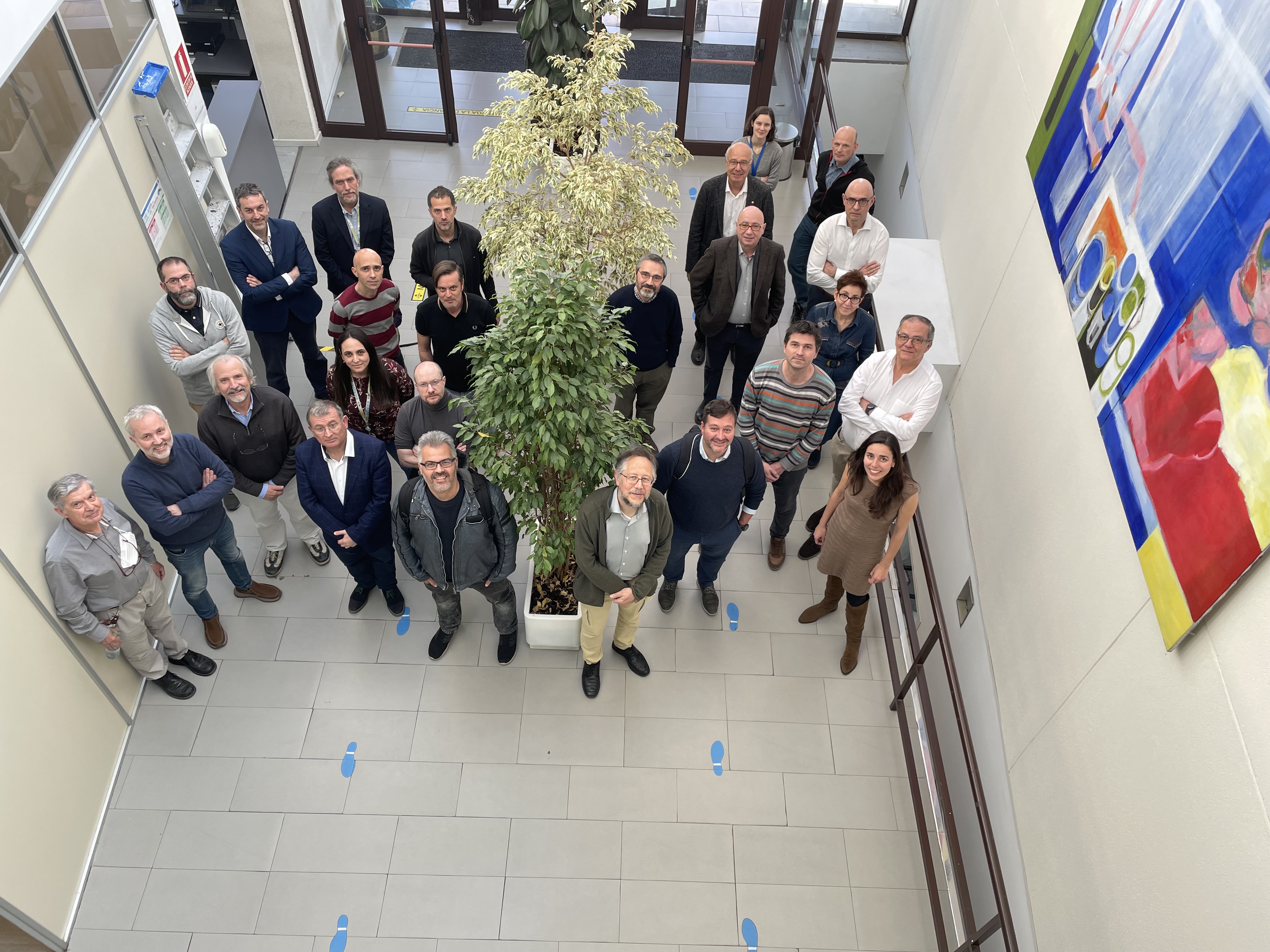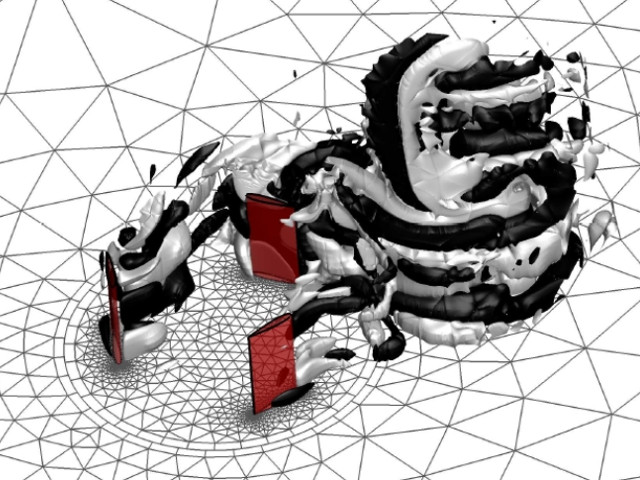March 16, 2023

Yesterday, the project for the national quantum communications plan was established, funded by PRTE funds, which will host a real, useful and functional quantum cybersecurity network. Its objectives are technologically viable, achievable today, and measurable. The design, with a radius of approximately 30km, is based on optical fiber connections and will unite the entire metropolitan area of Madrid. These are surprising dimensions considering the nature of these technologies. Among the medium and long-term objectives of the project is to pave the way towards quantum internet by processing photonic quantum states, as well as developing ultra-precise time measurement systems. Various experimental systems will be implemented that will test the viability of transferring the quantum key both internally through quantum key distribution (QKD) protocols and through other conventional optical networks, as well as to third-party networks that use quantum key distribution protocols on a similar scale to the Madrid network, increasing the range and robustness of the designed network.
All of this opens up new goals in cybersecurity such as the possibility of hybridizing the quantum key with post-quantum keys, or designing new algorithms for user authentication connected to MADQCI via satellite networks. MADQCI will be part of the future EUROQCI, with a continental scope. The project will carry out a two-year training plan for scientists and engineers, which will consolidate these advances and advance in the field of quantum technologies, with a special emphasis on the capacity for entrepreneurship, which, together with the creation of the business system that will launch the proposed developments and the dissemination and exploitation of the results, will effectively translate scientific knowledge into benefits for society. The MadQ-CM (Madrid Quantum de la Comunidad de Madrid) project is led and coordinated by the Universidad Politécnica de Madrid (UPM), with the cooperation of the Universidad Autónoma de Madrid (UAM), Universidad Complutense de Madrid (UCM), Fundación IMDEA Software (IMDEA SW), Fundación IMDEA Networks (IMDEA NW), Instituto Nacional de Técnica Aeroespacial (INTA), Centro Español de Metrología (CEM) and the Fundación Vithas (FV).



